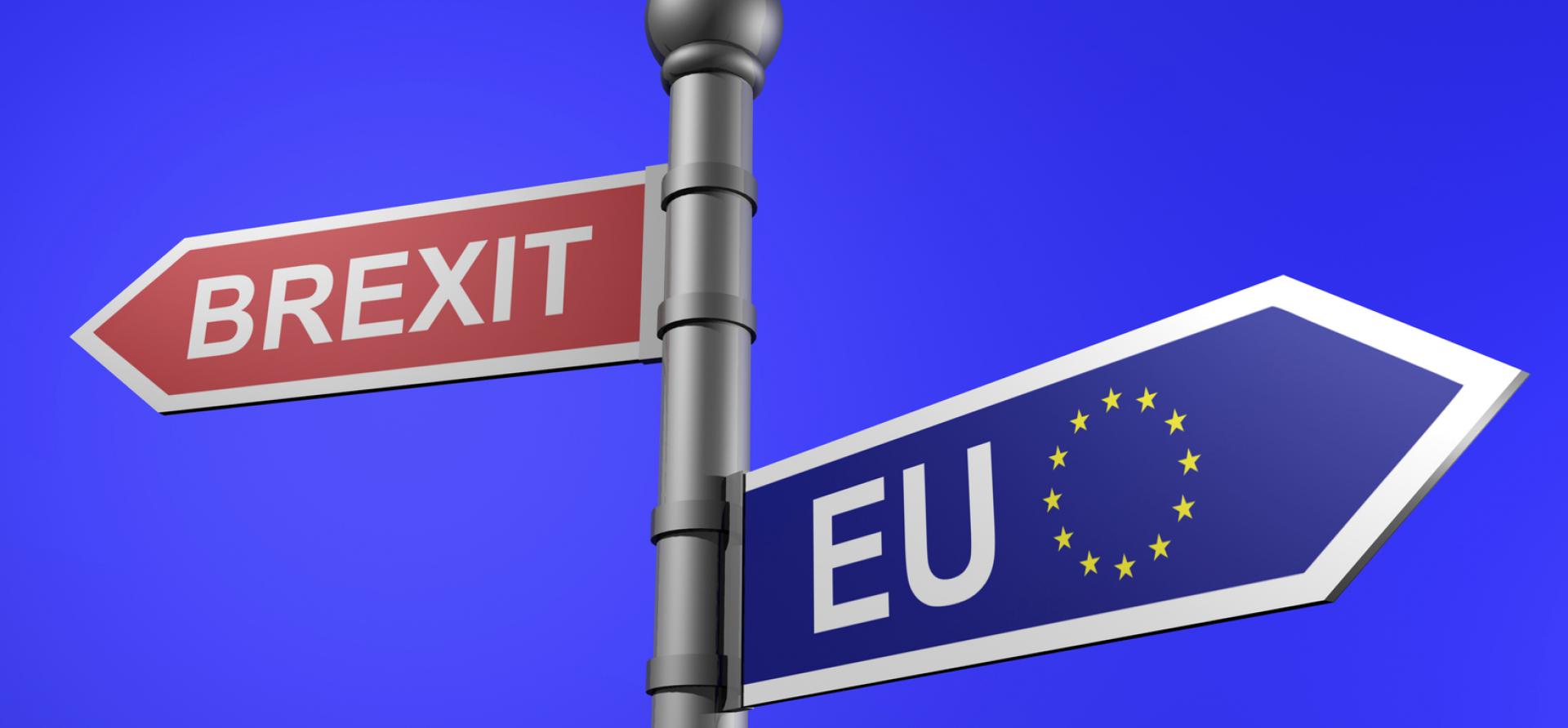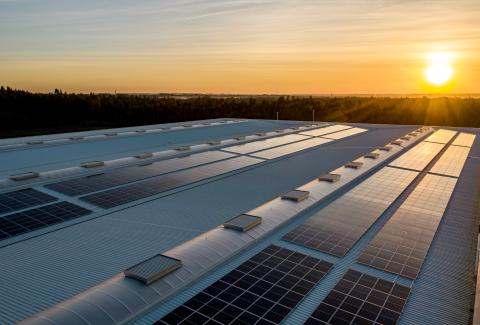IEEFA Europe: The High Price of Nationalism—Brexit Means a Costly Step Back From Modern Electricity Markets

The case of Switzerland hints at the shoals that post-Brexit Britain must now navigate, including trade in electricity, where countries clearly benefit from the very cross-border ties U.K. voters have rejected.
Brexit, to put it bluntly, will leave the U.K. at an electricity market disadvantage.
The U.K.-Swiss parallels are striking. Britain voted to leave the European Union last week after anti-immigration sentiments trumped desires to remain in the single market. More than two years ago, in February 2014, Switzerland held a referendum “against mass migration” and to impose immigration quotas and an official preference for Swiss nationals in job markets.
Switzerland, never an EU member to begin with, was part of the European Free Trade Area, however, so it had access to the EU single market in exchange for signing on to more than 100 bilateral agreements complying with EU policies in competition, transport, energy, economic and monetary cooperation.
By opting out of of one of the EU single market’s “four freedoms,” specifically the free movement of people, Switzerland essentially put progress around the other three—the exchange of goods, services and capital—on ice. Negotiations around all of these points are on hold today in a freeze that affects optimized electricity trade between Switzerland and its neighbors.
European Commission Vice President Viviane Reding stated the Swiss problem as well as anybody when he said, “The single market is not a Swiss cheese. You cannot have a single market with holes in it.”
What have power markets to do with Brexit? Quite a lot, as it happens.
Around the world, electricity systems today are turning from centralized, thermal base-load sources of energy toward distributed wind and solar, and from analog to digital grids that can direct flows across market zones and borders according to price, supply and demand. This is especially true in Europe, as ever more renewable power forces its way on to the grid. The rise of renewables in Europe is having two especially visible impacts: plunging wholesale power prices (because wind and solar have zero marginal costs) and greater trade in shorter-dated, day-ahead and intraday markets, as participants adjust to more variable supply.
The EU is pursuing two initiatives to adapt to more renewables-driven markets.
First, the Central Western Europe (CWE) flow-based market coupling project aims to extend the existing benefits of market coupling, which directs continent-wide electricity flows from cheaper to more expensive markets. When Denmark has a surplus of wind, for example, the CWE drives electricity toward more expensive markets like Italy, leading to net gains. Switzerland is excluded from the new project, which allocates grid capacity in a more sophisticated way by accounting, for example, for the volatility of renewable power supplies. That has created self-inflicted higher power prices and sub-optimal trade effects worth more than 10 million Swiss francs annually.
Second, a project to reduce lead times in cross-border intraday markets, which will help operators and utilities adjust supplies ever closer to real time, according to the availability of wind and solar power, thus reducing costly forecasting errors. Six central European countries (Austria, Belgium, France, Germany, Luxembourg, and the Netherlands) are involved in the Pentalateral Energy Forum, where Switzerland—again—is outside the club, even though half the participating countries are its next-door neighbors.
The Swiss case shows the high price of nationalism, and it offers lessons for Britain, an island with one of the least interconnected grids in Europe, and some of the highest wholesale power prices.
Gerard Wynn is an IEEFA energy finance consultant.
RELATED POSTS:
IEEFA Report: Turkey at a Crossroads—Invest in the Old Energy Economy or the New?
Europe: ‘Capacity Payments’ Provide a Lifeline to Costly Coal-Fired Generators
In Coal Giveaway to Czech Energy Group, a Public-Relations Problem for a Swedish Utility














